UN announces Libya's new interim government
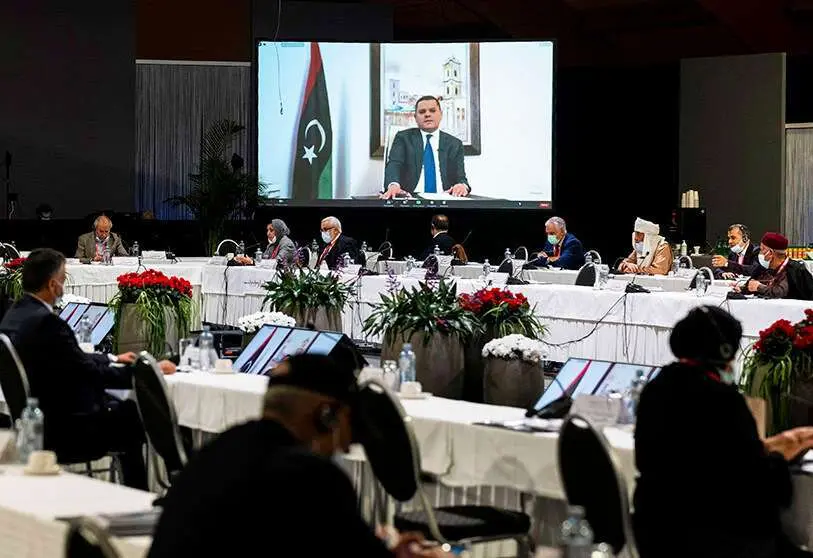
Stephanie Williams, the United Nations interim envoy for Libya, has announced the list that won in the second ballot held today, to elect the four people who will lead the Transitional Government, one will be prime minister and the other three will form the so-called Presidency Council.
During the first ballot, none of the four lists on the ballot obtained a majority, the third, headed by Aguila Salé, obtained 25 votes while that of Abdul Hamid Mohammed Dbeibah obtained 20. Both lists went to a second round, in which the second one finally won, with 39 votes in favour, one more than was needed to obtain a simple majority. Thus, Abdul Hamid Mohammed Dbeibah, a Misrata businessman with strong ties to Turkey and a very Islamist profile, will be the country's new prime minister, along with Mohammad Younes Menfi, a Libyan diplomat, who will head the Presidency Council. He will be accompanied by Mossa Al-Koni and Abdullah Hussein Al-Lafi.
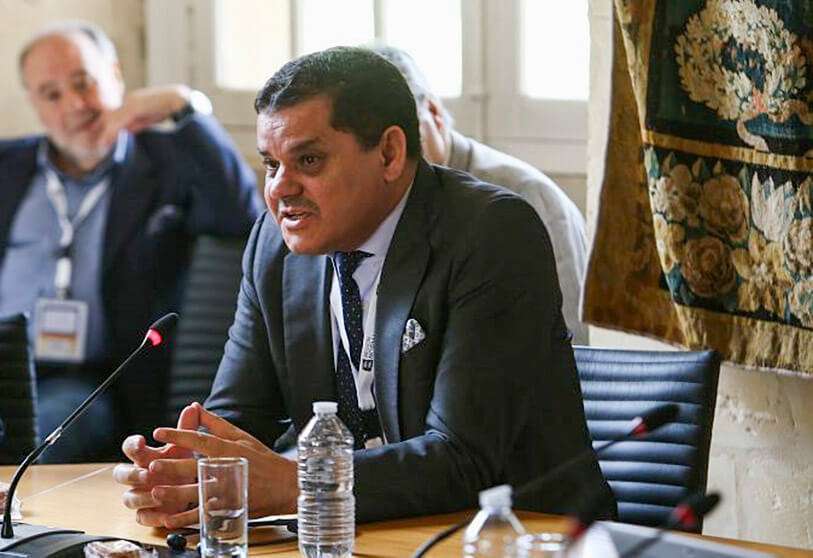
The lack of agreement in the first days of the sessions to elect the four figures who will lead the country in the coming transitional phase forced a change in the voting format in the framework of the meetings of the Libyan Political Dialogue Forum that took place in Geneva. The aim of these sessions is to elect the Prime Minister and the three members of the Presidency Council, one for each of the regions involved in the conflict: Tripoli, Cyrenaica and Fezzan.
Given that during the first few days no candidate managed to surpass the imposed threshold to be eligible for any of the positions, the system was changed, in addition to deciding the origin of the two most important positions. The 75 representatives that make up the LPDF, together with the presence of representatives of the United Nations, decided that the figure of the prime minister, at the head of the government, would correspond to a candidate proposed by Tripoli. Similarly, the president of the Council is expected to be a representative of the Cyrenaica region, with the other two members of the Council being from Tripoli and the southern tribes.
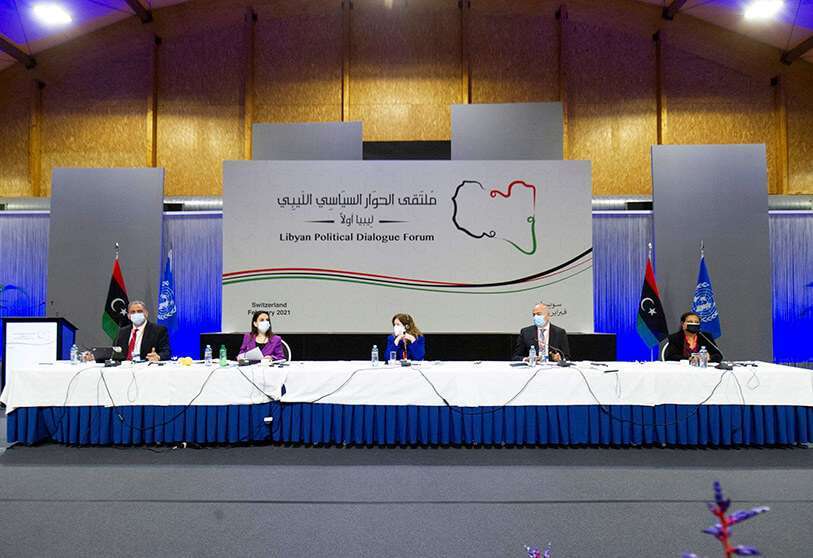
Over the past few hours, therefore, political alliances must have been forged between all sides to bring together representatives from each side. This has made it possible to observe the closeness and harmony that exists between the factions, beyond the reductionism of the conflict to a "simple" confrontation between GNA and LNA forces. Within these factions, there are also political frictions or good relations with certain representatives on the other side of the front line.
With this mechanism, four lists of candidates have been put to the vote, with the need for any one of them to obtain more than 60% of the votes. If this was not achieved, as was the case, a second round of voting would be held between the two most voted lists.
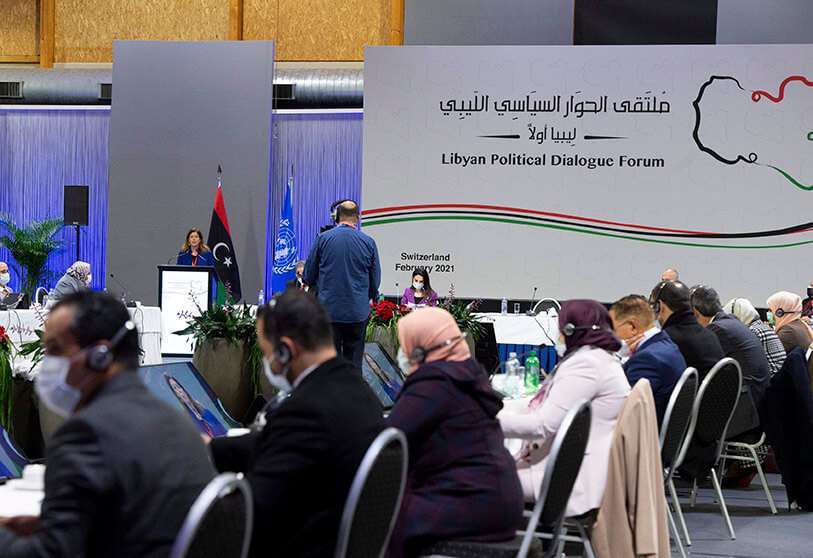
The first list had Mohammad Hasan Al-Bargathi as head of the Council and Khaled Ghweil as head of the government. Ali Abu Al-Hojob and Idriss Al-Qaed completed the trio of Council candidates. Al-Bargathi, candidate for Cyrenaica, is a diplomat, while Al-Ghweil is a well-known politician on the side of the GNA, who headed the National Salvation Government after the 2014 elections.
The second proposed Al-Sharif Al-Wafi as a candidate to chair the Council. Al-Wafi is also a well-known politician and businessman with connections to the former Gaddafi regime and a major player during the political crisis following the fall of the Libyan leader. Mohammed Abdul-Lateef Al-Montaser, running for Prime Minister. Abdul Rahman Al-Balazi and Omar Mahdi Aboushrida closed the list as candidates for the Council.
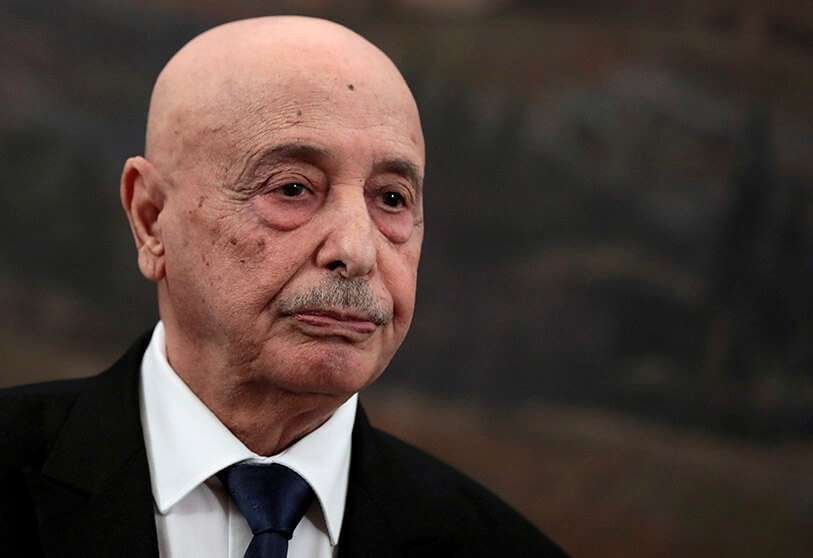
Finally, in addition to the third list that was finally elected, there was perhaps the list with the most options. Not for nothing was it the list that led in the first round. This list included the man at the head of the Tobruk Parliament, Aguila Salé, as the man at the head of the Presidency Council. Salé is one of the most representative figures on the eastern side of the country, alongside Haftar. In addition, the GNA's former interior minister, Fathi Bashgha, with whom Fayez al-Sarraj does not have the best of relations, was proposed as prime minister. Abdul Majeed Ghaith Seif Al-Nasr, also a leading tribal figure in the southern Fezzan region, was the pair of candidates to complete the Council's seats, along with Usama Al-Juwaili.
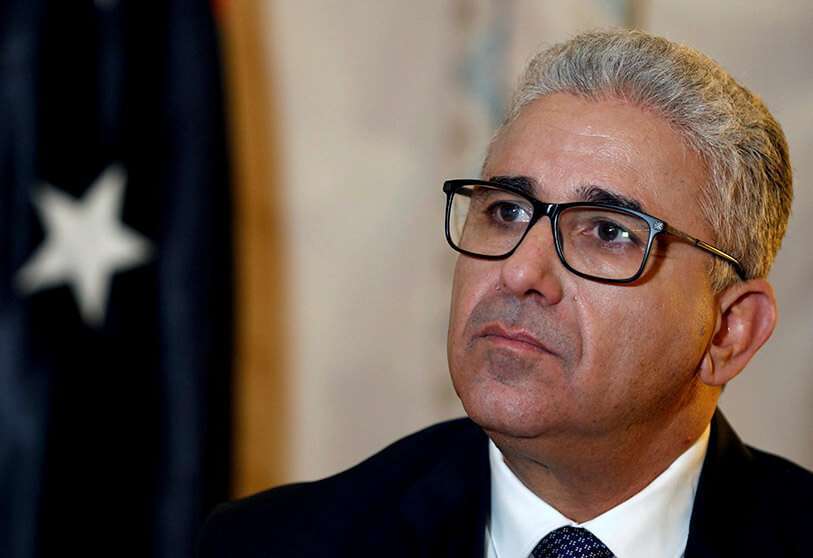
The stakes are high for Libya in Geneva, as the four people elected must lead the country towards elections that will decide the direction of the country and the new government. All of them have pledged not to participate in the electoral process they are to lead, but it would be wrong to think that today's election will have no consequences on the transition period and on the outcome of the next elections. It remains to be seen whether this event, which Stephanie Williams has described as "historic", will lead the country towards stability, and whether the huge social and political rift that exists will heal.
In parallel to developments in Geneva, the Security Council has approved the dispatch of a mission to Libya to monitor the ceasefire agreed last autumn between the two sides. The objective of the team is to deploy quickly and urgently in and around the city of Sirte.
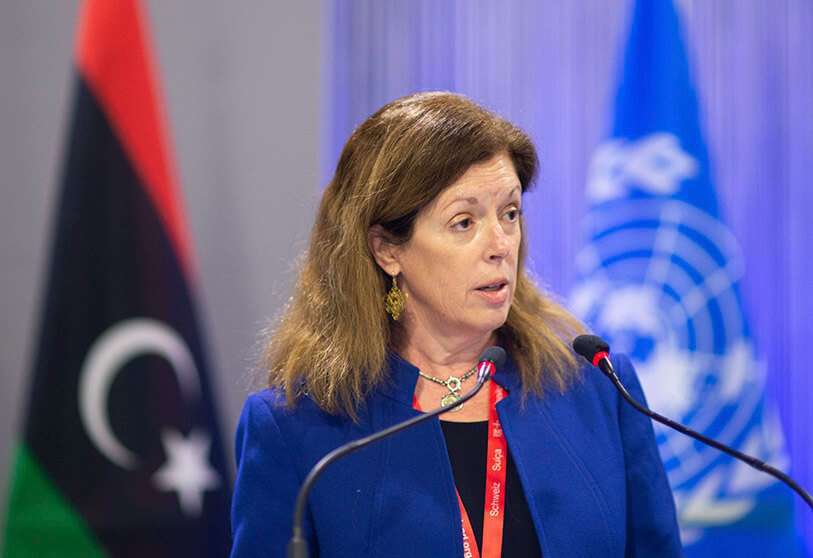
This mission comes at the request of both sides, the GNA and the LNA, which have requested that the team be made up of both Libyans and members of the United Nations to monitor and control the implementation of what was agreed by the 5+5 Military Committee.
The UN is also concerned about the presence of mercenaries, a presence that has been repeatedly requested and attempted to be withdrawn, and which is also being discussed this week. The UN estimates that 20,000 foreign troops were present in the country in December, with no sign of a recent reduction in the number.










